Translation of the article content into English:
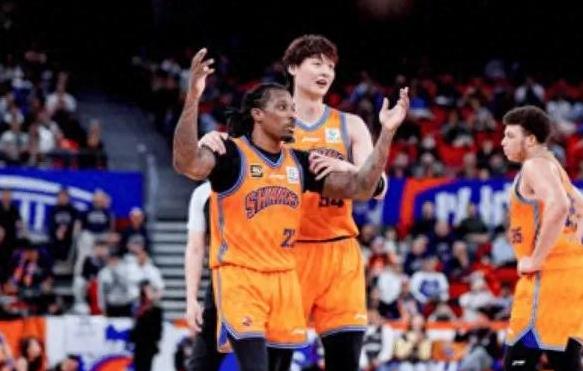
In the recently concluded CBA regular season, Shanghai managed to secure a 10-game winning streak despite the absence of Liu Zheng and Li Hongquan, defeating Beikong 108-96. Lofton once again displayed his prowess, scoring an impressive 31 points with 11 rebounds and 7 assists, while Blaydes also contributed with 25 points, 11 rebounds, and 7 assists. The duo helped maintain a double-digit lead in the final quarter, ultimately securing the victory.
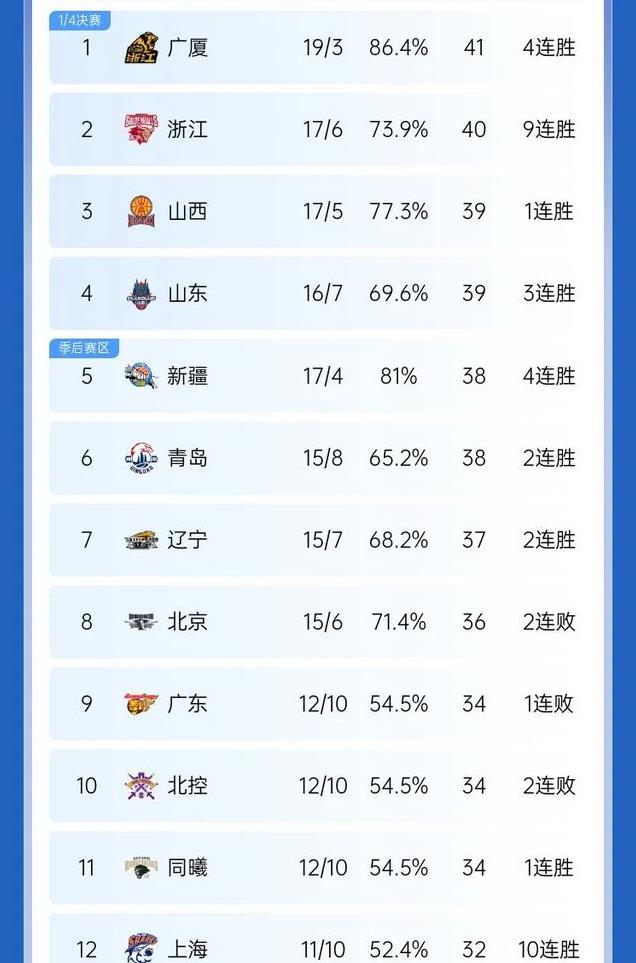
With this win, Shanghai officially surpassed Jilin in the standings, entering the playoff zone. This victory solidifies the top 12 teams in the league, which includes established powerhouses like Guangdong, Liaoning, Xinjiang, Beijing, Guangsha, and Zhejiang, as well as rising contenders such as Shanxi, Shandong, Qingdao, Tongxi, Shanghai, and Beikong. These teams have a significant advantage over the bottom eight in terms of both tactical sophistication and overall player strength, setting the stage for this year's playoffs.

Which team will emerge victorious and claim the championship title this season? In my opinion, it boils down to these four teams:
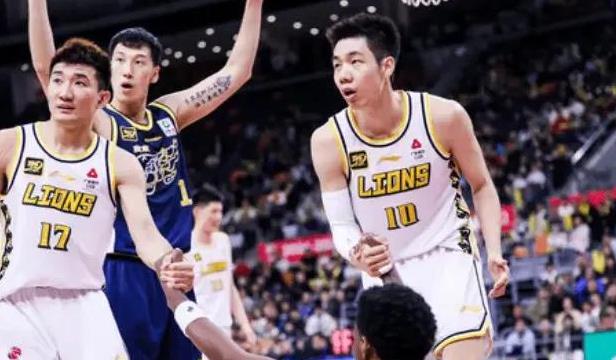
Liaoning Men's Basketball Team
Currently ranked fifth with a record of 15 wins and 7 losses, defending champion Liaoning has been struggling recently. However, as a three-time champion, they possess a deep foundation. The main reason for their performance dip is injuries, particularly the absence of Zhao Jiwei and Zhang Zhenlin, who are key players in the team's offensive and defensive lineup. Their absence significantly weakens the team's dominance. Additionally, Wang Lanqin's integration has not been smooth, and there have been issues with the selection of big foreign players, leading to an unstable roster and fluctuating results. However, on the flip side, the young players in the team have received valuable training, with Wells and Fug continuing to perform strongly. Wealthy Liaoning is expected to find a suitable big foreign player, and once the injured players return, they remain the top contender for the championship.
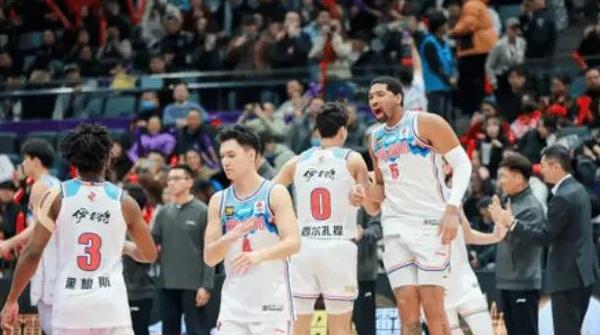
Guangsha Men's Basketball Team
Currently topping the league with a record of 19 wins and 3 losses, Guangsha has consistently been a strong team in recent years, thanks to the growth of their core players. However, they have often faltered due to injuries or underperforming foreign players. This year seems to be different, with Hu Jinqiu becoming increasingly stable and emerging as the top domestic player, averaging 20 points and 8 rebounds with a shooting percentage of 64.6%. Sun Minghui stands out with his court control ability, averaging 9.8 assists, ranking second in the league, and is reliable in crucial moments. Although Zhao Yanhao's performance has declined, young talents like Zhu Junlong, Zhao Jiaren, and Lin Bingcheng, known for their defense, continue to emerge, making the team's defensive efficiency the best in the league. On the foreign player front, Brown excels in scoring, and Knight is well-matched with Hu Jinqiu, achieving a balanced offense and defense. As long as they avoid injuries, they will be Liaoning's biggest rival.
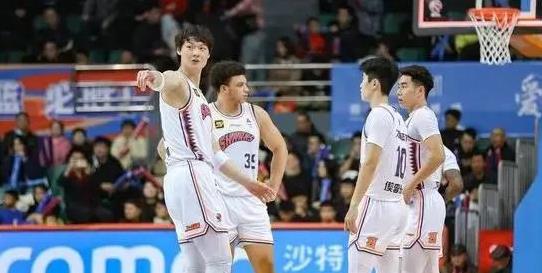
Xinjiang Men's Basketball Team
Shanghai Men's Basketball Team
Currently ranked twelfth with a record of 11 wins and 10 losses, Shanghai started the first stage at the bottom of the standings. However, through changes in foreign players and coaching staff, they achieved a ten-game winning streak in the second season, directly advancing to the playoffs. During this period, they topped the league in multiple key statistics, including scoring, rebounding, and assists. In the season rankings, they also reached first in assists, third in rebounds, fourth in scoring, and ninth in points conceded, demonstrating a well-rounded, disciplined, and cohesive team. Benefiting from their status as a wealthy club, Shanghai boasts a luxurious lineup, with Lofton delivering a devastating impact, averaging 22.1 points, 12.5 rebounds, 6.4 assists, 1.2 blocks, and 1.6 steals, making him unstoppable in the paint while also contributing to organizing and outside shooting. Defensively, he is equally diligent. Blaydes has returned, and although his offensive capabilities are not what they used to be, his passing skills are still remarkable, forming a strong partnership with Wang Zhelin, averaging 10.1 assists.
Among domestic players, Wang Zhelin and Liu Zheng remain in top form, and the "Two Lis" (Li Tianrong and Li Hongquan) are gradually taking on the mantle of the team's offensive leadership. Li Tianrong averages 15.9 points with a three-point shooting percentage of 50%, ranking first in the league, making him one of the strongest offensive guards currently. Li Hongquan averages 14.5 points, 6.2 rebounds, 2.2 assists, and 1.3 steals, with a three-point shooting percentage of 38.2%, showcasing his all-around abilities. National Youth player Xie Liyongwei is also rapidly growing and even starting games, forming a core lineup that can compete with any strong team in the league. What they lack is the depth of experience as a top team.
In comparison, other teams such as Guangdong, Zhejiang, Shanxi, Shandong, Qingdao, Beijing's twin teams, and Tongxi may struggle to secure victories against the aforementioned four teams. Guangdong, aside from their guard line, is limited in talent; Zhejiang has consistently had low-quality star players; Shanxi's stars have never truly proven themselves; Shandong and Qingdao lack stability; Beijing's twin teams have been underperforming recently, overly reliant on their core players; and Tongxi's core still needs to mature. Readers, what are your thoughts? Feel free to share your opinions.